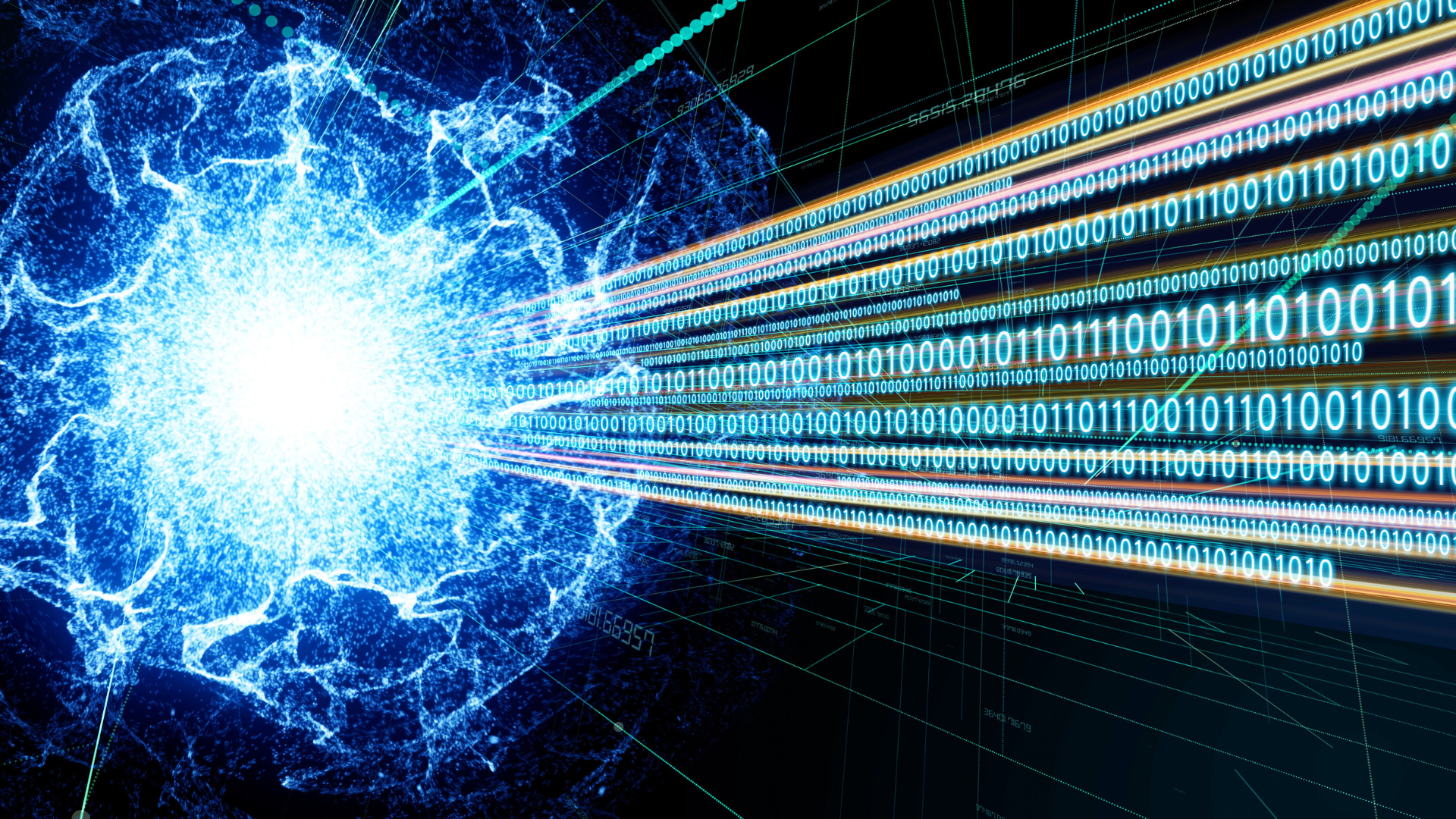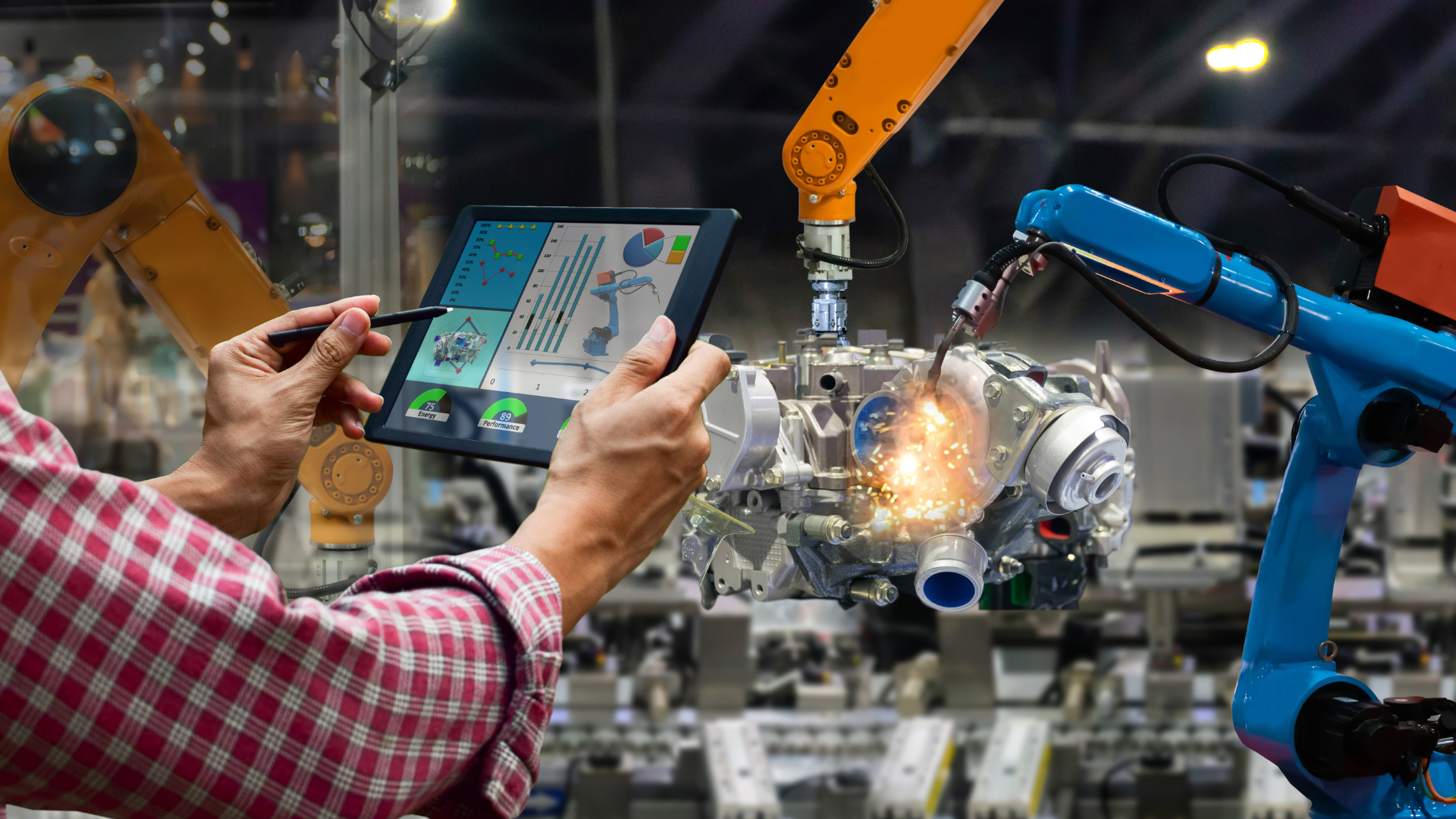The Impact of Turing Machines on Modern Computing

Turing Machines, conceived by British mathematician Alan Turing in 1936, are widely regarded as one of the most significant concepts in the history of computing. Though they are theoretical constructs rather than physical devices, Turing Machines laid the groundwork for the development of modern computers and the algorithms that power them.
At its core, a Turing Machine is a simple, abstract device that manipulates symbols on a strip of tape according to a set of rules. Despite its simplicity, Turing demonstrated that this machine could simulate the logic of any computer algorithm, effectively defining the limits of what can be computed. This concept became the foundation for the field of theoretical computer science and introduced the idea of a "universal machine" capable of performing any computation that can be described algorithmically.

The historical significance of Turing Machines cannot be overstated. They provided the first formal definition of computation, which has guided the development of both computer hardware and software. By showing that any computational problem could be broken down into a series of logical steps, Turing Machines paved the way for the creation of programmable computers. This insight was instrumental in the design of early computers like the ENIAC and later in the development of modern computing systems.

Moreover, the influence of Turing Machines extends beyond hardware. The very concept of an algorithm—step-by-step instructions for solving a problem—was formalized through Turing's work. Today, algorithms are the backbone of all computer programs, from simple calculators to complex artificial intelligence systems. The principles of Turing Machines continue to inform the design and analysis of algorithms, ensuring their efficiency and correctness.
Turing's ideas also influenced the development of programming languages. The concept of a "universal machine" led to the understanding that a single machine could be programmed to perform a multitude of tasks, depending on the instructions it received. This idea is fundamental to modern programming, where languages like Python, Java, and C++ allow developers to write software that can be executed on any compatible hardware.

In addition to their technical impact, Turing Machines have had a profound influence on the philosophy of computing. Turing's work raised important questions about the nature of computation, the limits of artificial intelligence, and the potential of machines to perform tasks traditionally associated with human intelligence. These questions continue to drive research and debate in the fields of computer science and AI.

In conclusion, Turing Machines have had a lasting impact on modern computing. By providing a formal definition of computation and introducing the concept of a universal machine, Alan Turing's work laid the foundation for the development of modern computers and algorithms. The principles behind Turing Machines continue to shape the way we understand, design, and interact with computing technology today.


